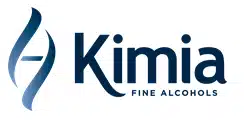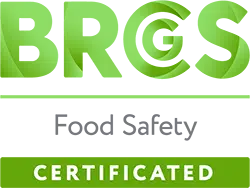One of the most major stories of the past few months has involved subtle changes to the fuel used in petrol cars.
The E10 standard, where an ethanol supplier provides double the amount of ethanol in standard unleaded petrol than has previously been used, has become the primary type of petrol used in the UK since the end of Summer 2021.
The logic behind the 10 per cent figure is that it will cut the proportion of fossil fuels in every tank of petrol whilst still being usable by any modern car without modifications.
However, some countries have gone further than this, and have a car industry powered almost entirely by bioethanol, with the most notable case being Brazil.
In Brazil, E18 to E27.5 is the minimum blend of ethanol in petrol, but many cars run on E85, ED95 (Diesel engines modified to run on Ethanol) and E100 (Technically E95, as this is the purest you can make ethanol by basic fractional distillation).
This all began in 1975 with Brazil’s Pró-Álcool (National Alcohol Programme), which aimed to phase out the use of fossil fuels in cars in favour of sugarcane-derived biofuels.
At the time, the world had faced a lengthy oil crisis that increased the price of crude oil from 1973 to the end of 1974, and the Brazillian government decided to try and avoid any potential aftershocks by switching to a fuel source that could be acquired domestically.
Cars that can run only on ethanol have existed since the Ford Model T in 1908, and the first 16 petrol stations that supplied hydrous ethanol fuel launched in May 1979, with the first modern ethanol car (A Fiat 147) being sold not long after.
Since then, the vast majority of cars in Brazil are “flex-fuel” cars that can run on both, and often drivers in Brazil will choose one or the other depending on price fluctuations, with some opting only for a small fuel reservoir to help start the car in cold weather.










